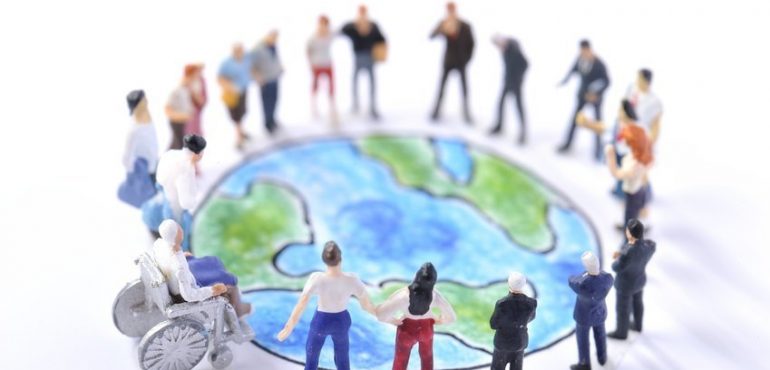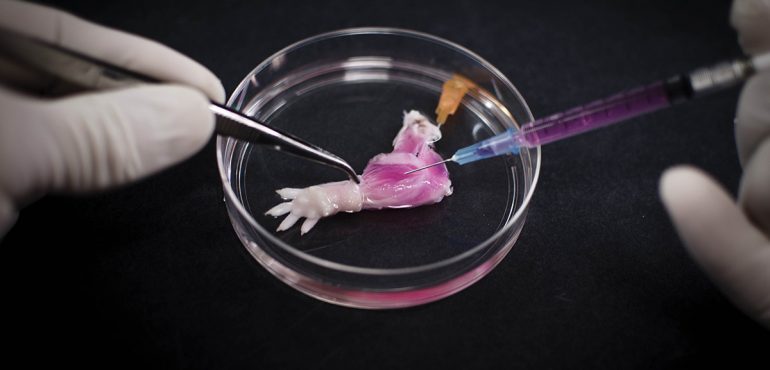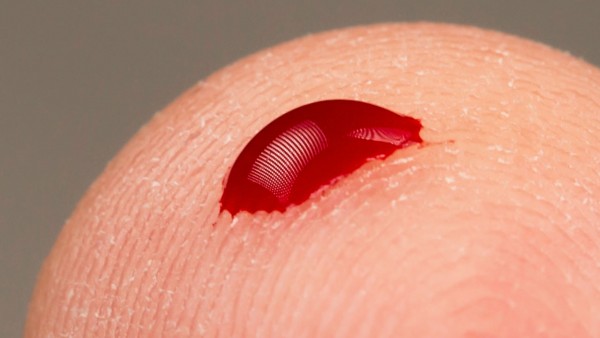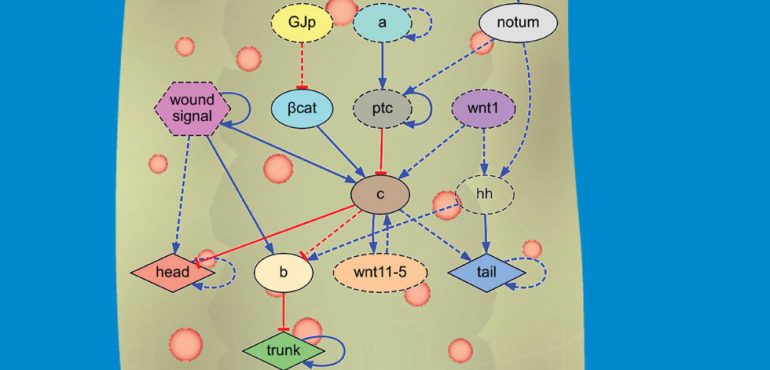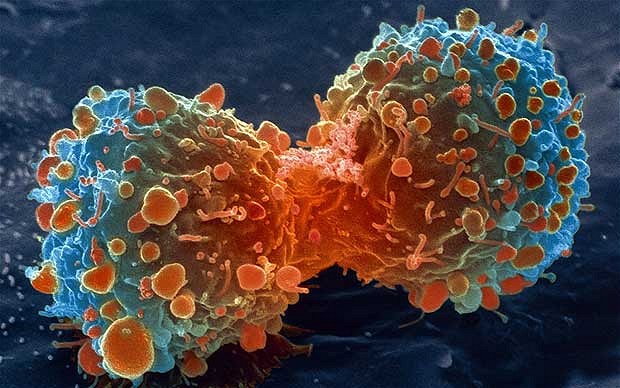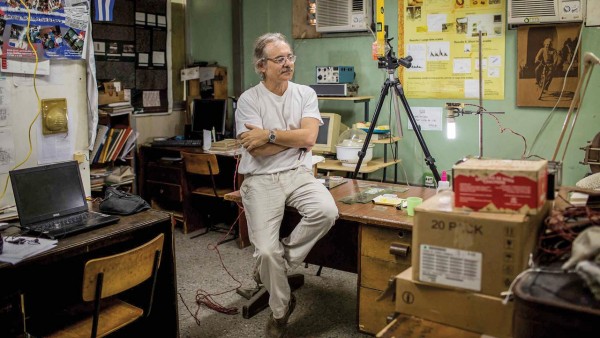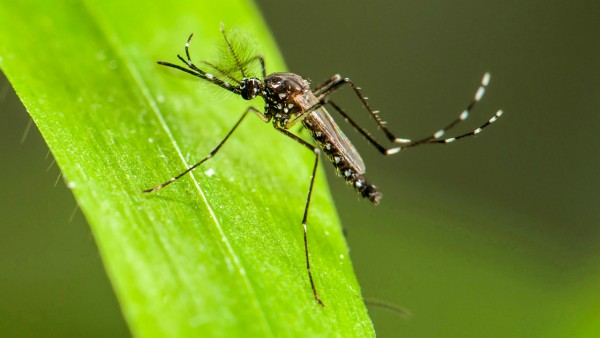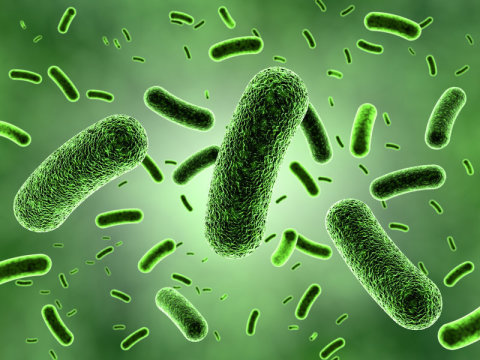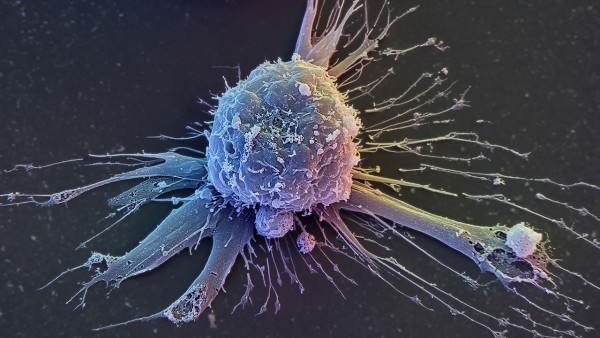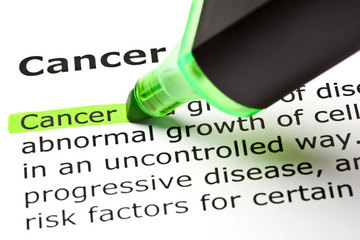The threat to human health from climate change is so great that it could undermine the last fifty years of gains in development and global health, according to a major new Commission, published in The Lancet. However, the report provides comprehensive new evidence showing that because responses to mitigate and adapt to climate change have…
Read more
Climate change threatens to undermine the last half century of health gains
